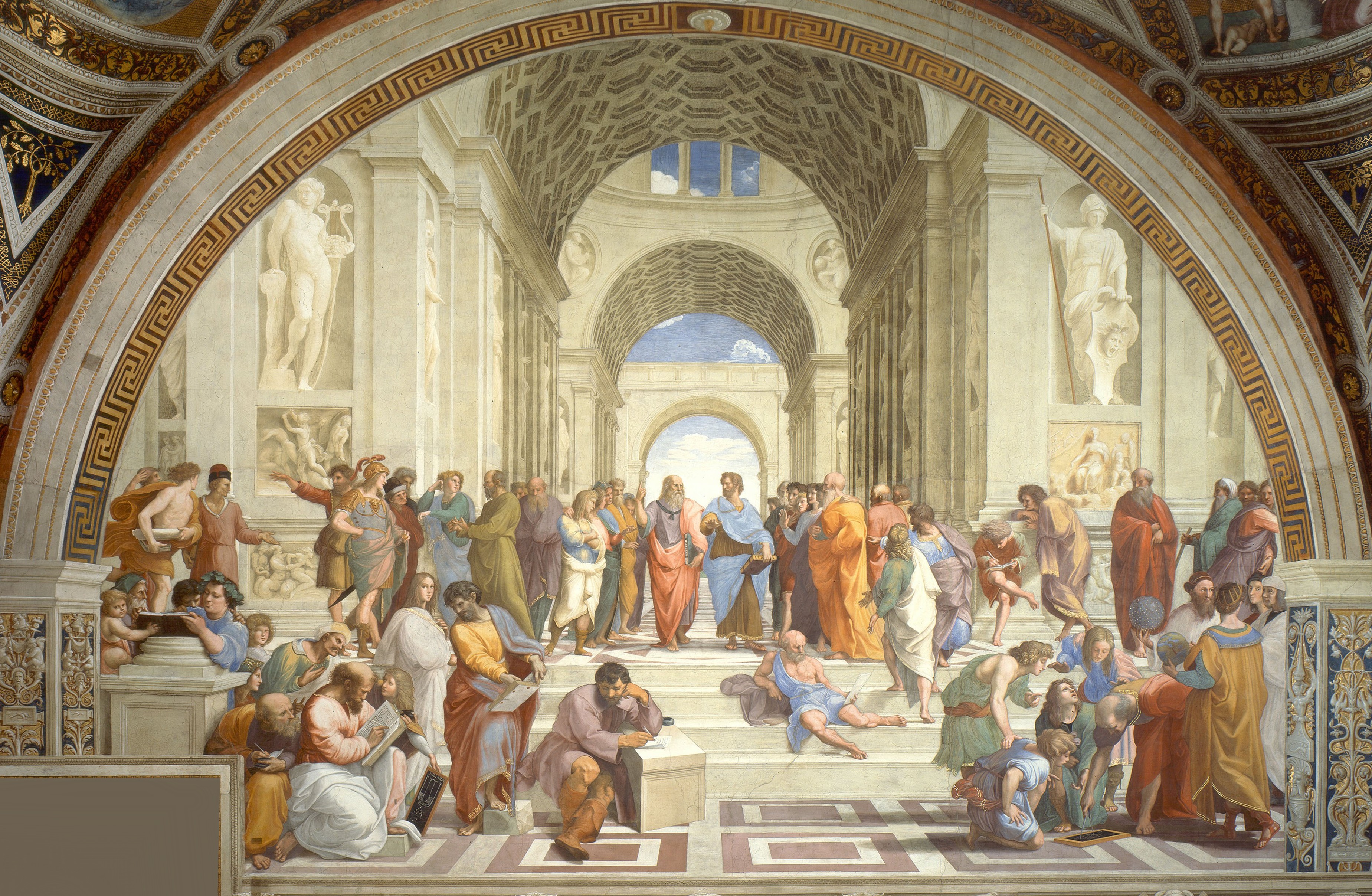Major Institutions, Roman Catholic Church
The Roman Catholic Church exercised significant power in medieval Spain. The church was important in two ways. First, it made royal authority legitimate, through the doctrine of the divine right of kings. People who did not accept Catholicism were suspected of disloyalty to the monarchy. Second, it asserted spiritual jurisdiction over all Spaniards. As both head of the Catholic Church and a foreign ruler, the pope could call upon church members in Spain to undermine royal policy. The papacy, for instance, frequently opposed royal actions that were perceived as conflicting with the church’s interests in other countries, and it sought to prevent kings from diverting the income of the church into the royal treasury. For these reasons, kings tried to control the selection of bishops in their territory. The church also controlled an immense amount of wealth, which it accumulated in the form of bequests when people died. Wealth and papal political influence gave the church great power that kings often sought to restrict.
The church consisted of several influential organizations. The most important were the monasteries and the military religious orders. Monasteries participated in the Christian reconquest, and several bishops and abbots led armies. As the idea of a crusade grew in popularity, the pope encouraged another religious institution in Spain, the military orders. The most important of these included the orders of Santiago, Calatrava, and Alcantara. Knights in the orders took religious vows to fight the infidels, and they played a significant military role in the reconquest between 1150 and 1250. The orders were granted tracts of land to support the reconquest, and those who were admitted gained the status of nobles. Later, the orders grew wealthy and lost their original purpose.
and lost their original purpose.
 and lost their original purpose.
and lost their original purpose.